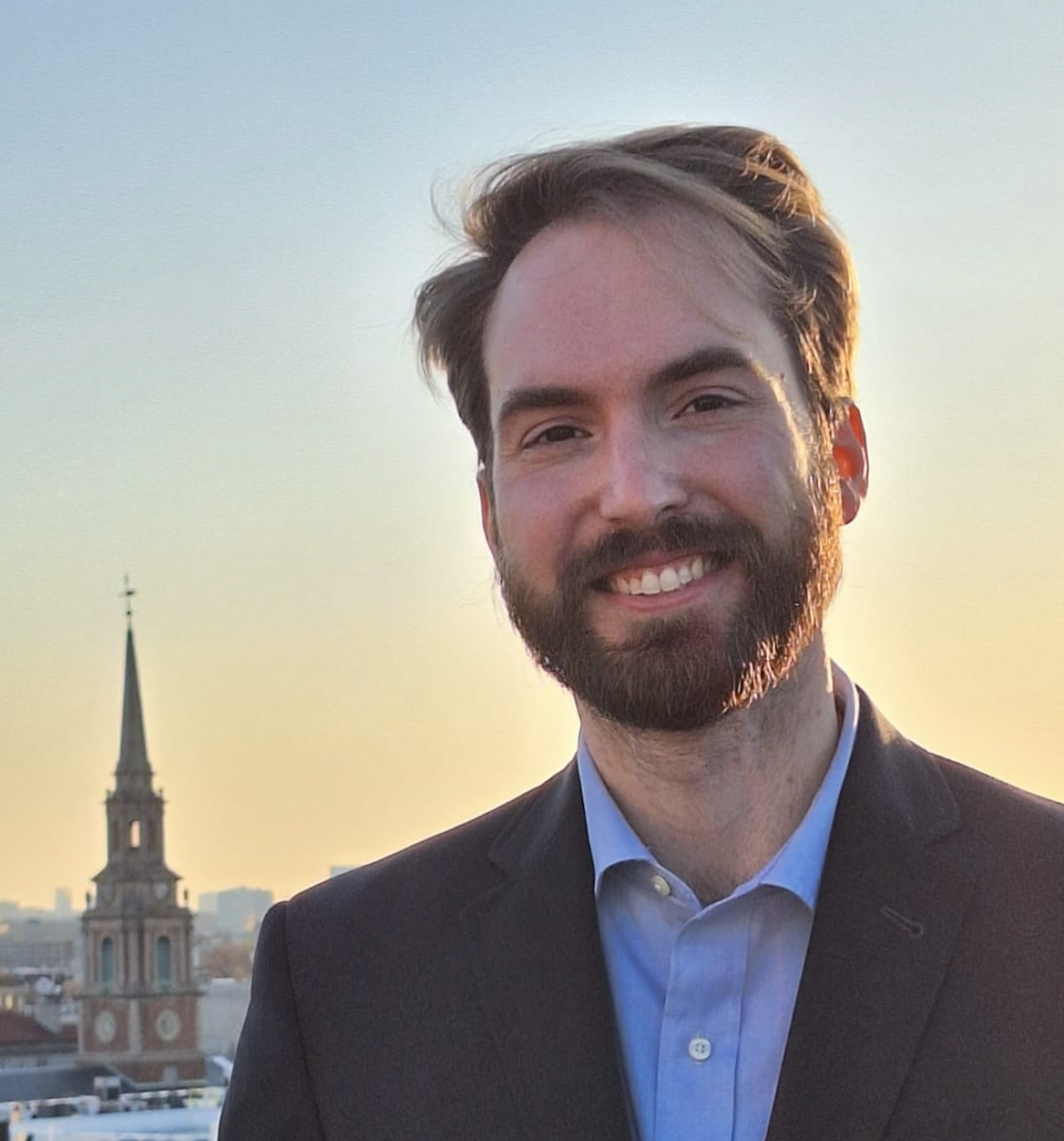
Ted Parker is a student at Harvard Law School and a member of the Labor and Employment Lab.
In today’s news and commentary, more updates on two-step certification for FLSA collective actions from the Seventh and Ninth Circuits, how Mamdani’s $30 minimum wage proposal fits into larger trends, and a new report on the dangers of “bossware.”
I wrote a month ago that FLSA watchers were closely monitoring the Seventh and Ninth Circuits for rulings on the two-step certification process for FLSA collective actions. Now, the results are in. The Ninth Circuit reaffirmed the traditional, worker-friendly two-step process (for details, see my earlier post) denying a rehearing en banc of its decision in Harrington v. Cracker Barrel Old Country Store, the only way to overturn two-step certification after an earlier panel declared it circuit precedent. Meanwhile, a Seventh Circuit panel has turned in an unexpected decision in Richards v. Eli Lilly. Rather than stick with the old process or adopt the new, employer-friendly ones fashioned by the Fifth and Sixth Circuits, the Seventh Circuit criticized all three and forged its own path. The panel elevated “flexibility” over any “inflexible notice standard that . . . eliminates judicial discretion.” In other words, rather than pick any one standard, the Seventh Circuit will let trial courts decide which standard makes sense for the case at bar. The panel styled this as a return to the principles announced by the Supreme Court in Hoffmann-La Roche v. Sperling: “[W]e rely on the sound discretion of the district court to facilitate notice in an efficient way that strikes an appropriate balance between timely notice and judicial neutrality.”
Meanwhile, Law360 considers how Zohran Mamdani’s proposal for a $30 hourly minimum wage for New York City fits into the larger conversation of minimum wages nationwide. While the federal minimum wage has sat at $7.25 since 2007, cities and states have taken matters into their own hands. The Fight for $15 succeeded in raising the minimum wage in certain places to $15 but “is history now.” New York, California, and the District of Columbia have all pushed past $15. Seattle is now at $20. Mamdani hopes to get to $30 by 2030, reflecting city’s crushing cost of living. MIT’s Living Wage Calculator estimates that the living wage for an adult in Manhattan with no children is $32.85.
Finally, last month the National Employment Law Project (NELP) issued a report on “bossware,” which the researchers defined in an interview as both “digital surveillance systems that collect data on workers’ performance, workers’ hours, workers’ activities” and “automated decision systems where the data that’s been collected digitally is then fed into algorithms that then make recommendations or even make decisions.” One danger of bossware is that it allows companies to zero in on the lowest possible wage they can pay their workers by analyzing “vast amounts of personal and sometimes intimate data” to better manipulate workers. The researchers figure these systems as a mysterious “black box” that effectively controls the terms and conditions of work (betraying the fiction of the independent contractor running their own business). They urge regulations that would place limits on bossware and make it more transparent. “[W]orkers just have no idea what the inputs are, what data is being collected and how the decisions are being made.”
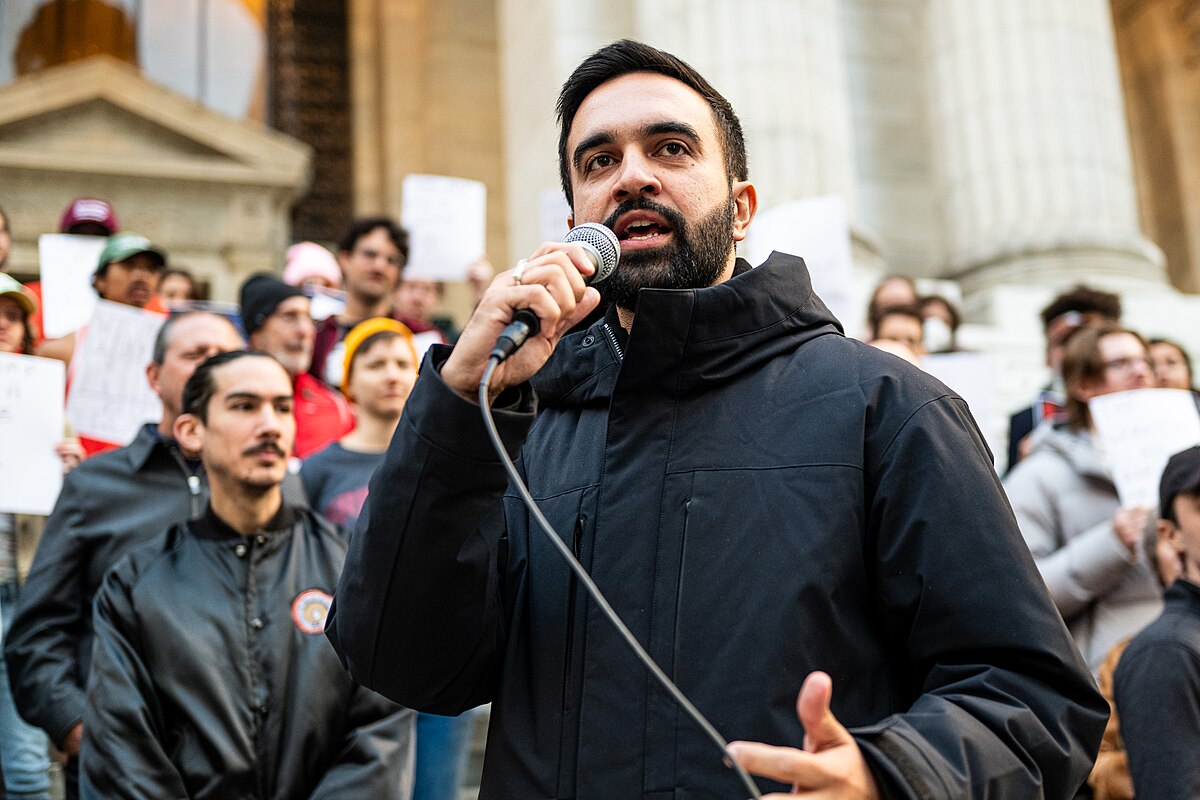
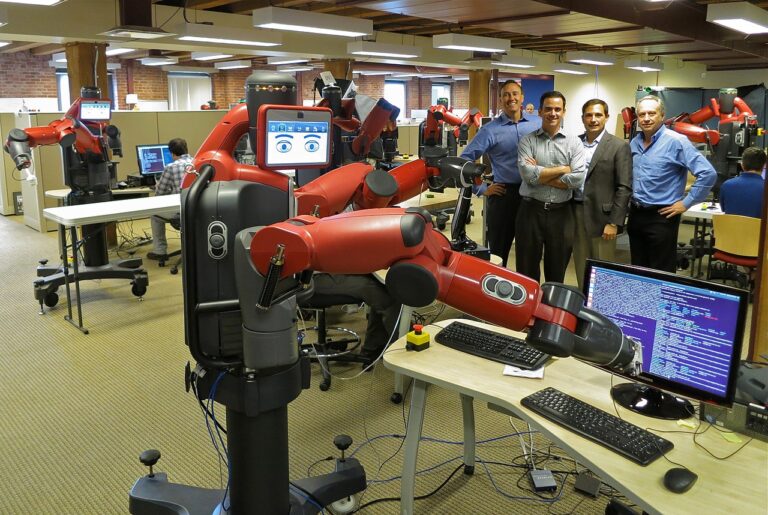
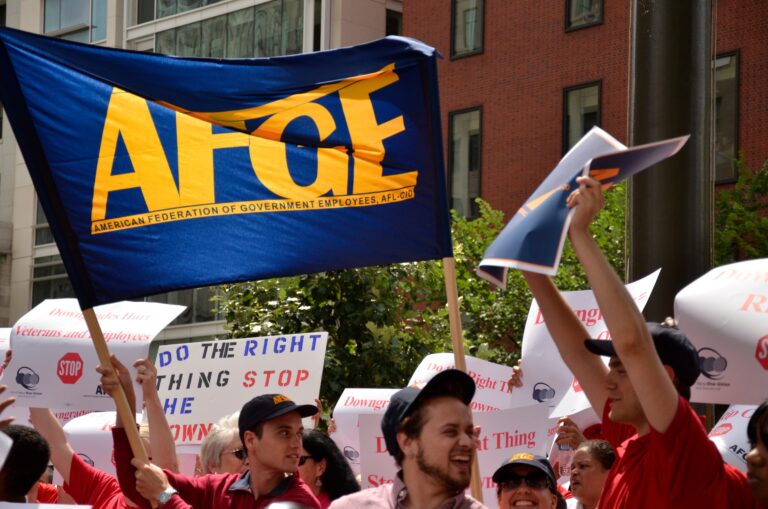
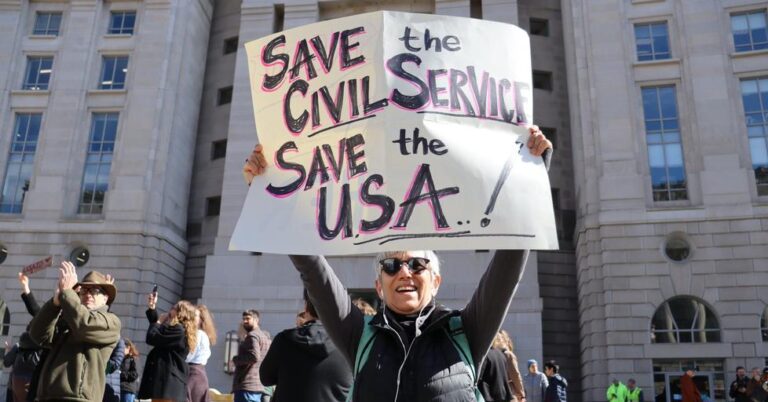
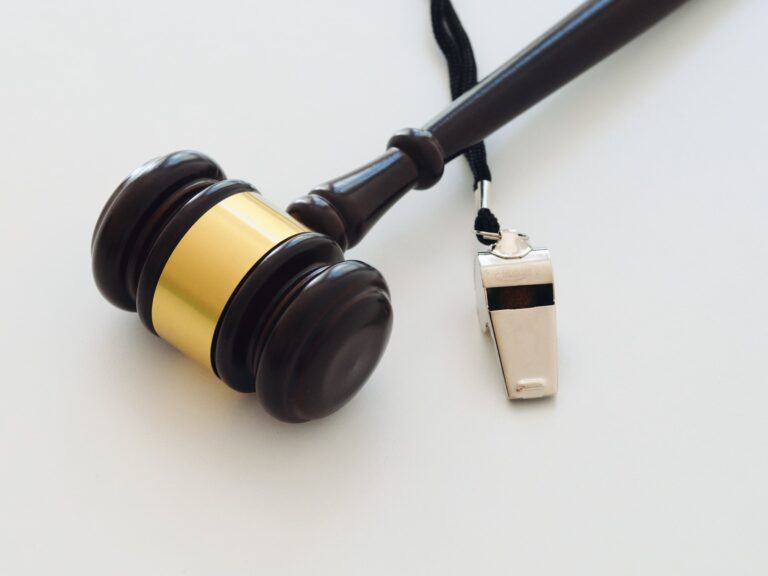

Daily News & Commentary
Start your day with our roundup of the latest labor developments. See all
December 5
Netflix set to acquire Warner Bros., Gen Z men are the most pro-union generation in history, and lawmakers introduce the “No Robot Bosses Act.”
December 4
Unionized journalists win arbitration concerning AI, Starbucks challenges two NLRB rulings in the Fifth Circuit, and Philadelphia transit workers resume contract negotiations.
December 3
The Trump administration seeks to appeal a federal judge’s order that protects the CBAs of employees within the federal workforce; the U.S. Department of Labor launches an initiative to investigate violations of the H-1B visa program; and a union files a petition to form a bargaining unit for employees at the Met.
December 2
Fourth Circuit rejects broad reading of NLRA’s managerial exception; OPM cancels reduced tuition program for federal employees; Starbucks will pay $39 million for violating New York City’s Fair Workweek law; Mamdani and Sanders join striking baristas outside a Brooklyn Starbucks.
December 1
California farmworkers defend state labor law, cities consider requiring companies to hire delivery drivers, Supreme Court takes FAA last-mile drivers case.
November 30
In today’s news and commentary, the MSPB issues its first precedential ruling since regaining a quorum; Amazon workers lead strikes and demonstrations in multiple countries; and Starbucks workers expand their indefinite strike to additional locations. Last week, the Merit Systems Protection Board (MSPB) released its first precedential decision in eight months. The MSPB had been […]